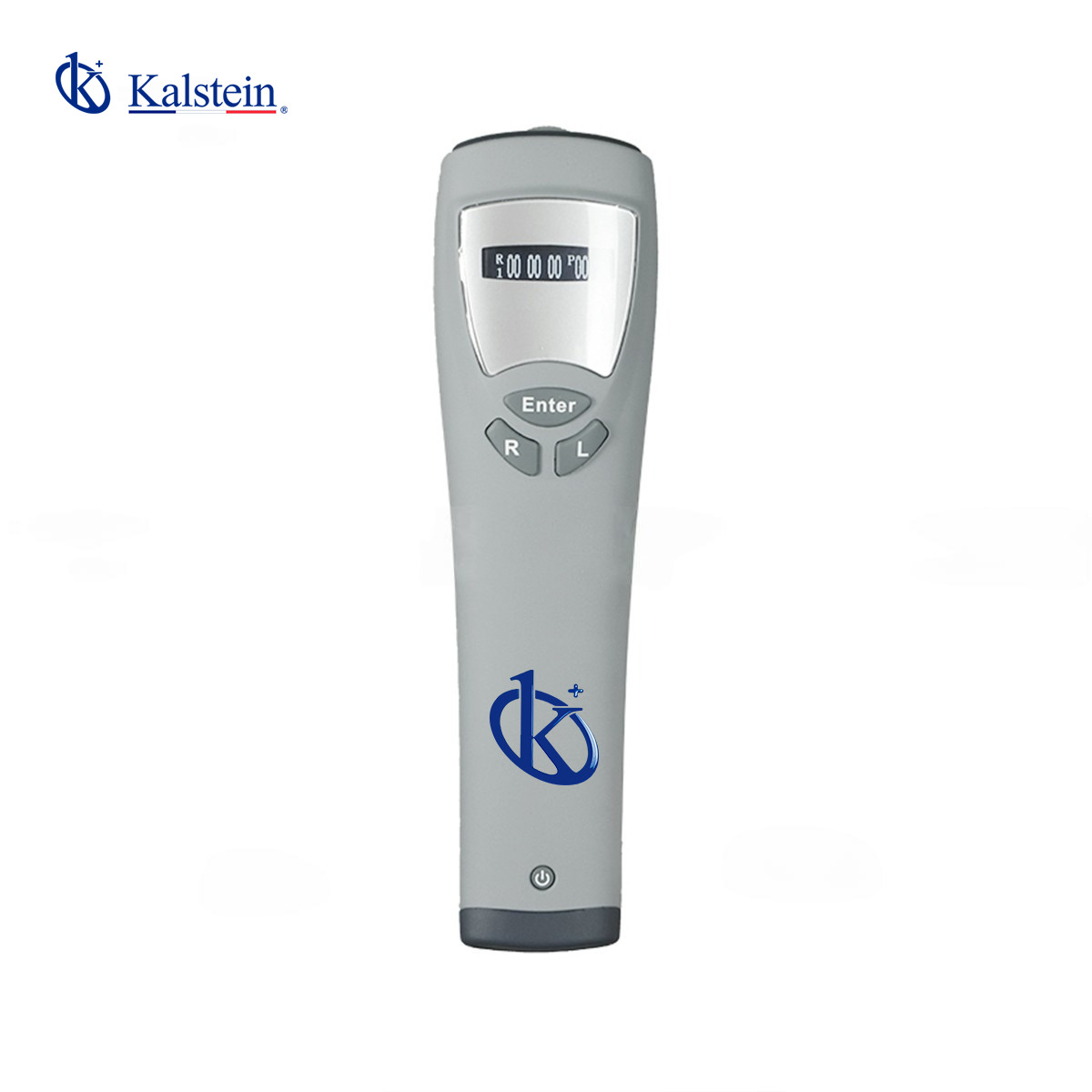Ensuring the ocular health of our pets is crucial for their well-being. An essential tool in this regard is the veterinary rebound tonometer. This device allows for the precise and quick measurement of intraocular pressure, facilitating the diagnosis of eye conditions such as glaucoma.
In this article, we will delve into the features and benefits of the veterinary rebound tonometer, compare it with similar products, and explore reviews and frequently asked questions to help you make an informed decision.
We understand that you need equipment that delivers maximum value to your laboratory. We invite you to visit https://kalstein.pt/category-product/veterinary-sector/veterinary-tonometer/, to immerse yourself in our universe of cutting-edge technology equipment. Our prices are competitive and accessible, we combine the convenience of online shopping with the guarantee of an exceptional product. Because you deserve the best, we create and offer top-tier laboratory equipment. Make your choice today, where science comes to life. https://kalstein.pt/
Veterinary Rebound Tonometer
The veterinary rebound tonometer is a crucial tool in veterinary ophthalmology. Its portable design and ease of use make it ideal for veterinary clinics and mobile consultations.
This device measures intraocular pressure by bouncing a probe off the cornea, providing quick and accurate results without the need for anesthesia.
Features of the Veterinary Rebound Tonometer
Veterinary rebound tonometers are renowned for their advanced technology and ergonomic design. Key features include:
-
Accuracy: Provides precise measurements of intraocular pressure, essential for diagnosing eye conditions.
-
Portability: Its compact and lightweight design makes it easy to use in various settings, from clinics to home visits.
-
Ease of Use: Requires minimal calibration and has an intuitive interface that any veterinarian can use easily.
-
Safety: The measurement process is quick and non-invasive, minimizing stress and discomfort for pets.
Why Is the Veterinary Rebound Tonometer Priced This Way?
The cost of a veterinary rebound tonometer might seem high at first glance, but several factors justify its price:
-
Advanced Technology: The precision and reliability of the device warrant a significant investment.
-
Durability: Made from high-quality materials, this equipment is designed to last for many years, representing long-term savings.
-
Clinical Benefits: Early and accurate diagnosis of eye conditions can prevent costly treatments and severe complications in the future.
Comparing the Veterinary Rebound Tonometer with Similar Products
When comparing the Kalstein veterinary rebound tonometer with other brands like Reichert and Icare TonoVet Plus, Kalstein offers significant advantages:
-
Kalstein vs Reichert Tono-Vera Vet: Both are accurate and easy to use, but Kalstein stands out for its better price-quality ratio and more intuitive interface.
-
Kalstein vs Icare TonoVet Plus: While both devices are portable and accurate, the Kalstein model is more economically accessible and offers a longer warranty.
Pros and Cons of Veterinary Rebound Tonometers
|
Pros |
Cons |
|
Fast and accurate measurements |
High initial cost |
|
Non-invasive and no anesthesia needed |
Requires initial learning curve |
|
Portable and easy to transport |
May need occasional calibrations |
|
Durable and long-lasting |
Some pets may resist at first |
|
Intuitive interface |
Requires regular maintenance |
|
Long-term cost savings |
Dependence on batteries or charging |
|
Reduces stress in pets |
Not all models are suitable for all species |
|
Extensive technical support and warranty |
Advantages of These Veterinary Rebound Tonometers
The primary advantages of veterinary rebound tonometers include their accuracy and ease of use, allowing veterinarians to diagnose eye conditions swiftly.
Additionally, their portable and durable design makes them a worthwhile investment for any veterinary clinic. Being non-invasive, they reduce pet stress, enhancing the overall consultation experience.
Other Benefits of These Veterinary Rebound Tonometers
Beyond clinical and operational advantages, veterinary rebound tonometers also contribute to improved quality of life for pets.
Quick and accurate diagnosis enables timely treatments, preventing the progression of eye diseases. Frequent use during routine check-ups helps maintain long-term ocular health for pets.
User Reviews of Veterinary Rebound Tonometers
User reviews of veterinary rebound tonometers are predominantly positive. Veterinarians appreciate their accuracy and ease of use, while pet owners value the stress reduction and quick diagnosis these devices offer.
Overall, feedback highlights the reliability and durability of these devices, justifying their investment.
Frequently Asked Questions
How does the veterinary rebound tonometer work?
The veterinary rebound tonometer measures intraocular pressure by bouncing a probe off the cornea and recording the time it takes to return. This method is fast, accurate, and non-invasive.
Is it necessary to anesthetize the pet to use the tonometer?
No, one of the main benefits of the rebound tonometer is that it does not require anesthesia, reducing stress and discomfort for the pet during the procedure.
How often does the tonometer need calibration?
Most veterinary rebound tonometers are designed to minimize the need for frequent calibration, although it is recommended to check calibration periodically according to the manufacturer’s guidelines.
Is it easy for all veterinarians to use?
Yes, these devices are designed with intuitive interfaces and require minimal training, making them easy to use for any veterinarian.
What is the lifespan of a veterinary rebound tonometer?
With proper maintenance, these devices can last many years, offering excellent value for money.
What should I consider when choosing a rebound tonometer?
When choosing a rebound tonometer, consider factors such as accuracy, ease of use, durability, and the technical support provided by the manufacturer.
Conclusions on These Veterinary Rebound Tonometers
In conclusion, veterinary rebound tonometers are indispensable tools for any veterinary clinic. Their accuracy, ease of use, and non-invasive design make them ideal for diagnosing eye conditions in pets.
While their price may be high, the investment is justified by the long-term benefits for the ocular health of pets. With options like the Kalstein tonometer, veterinarians can rely on a durable and reliable device that enhances the quality of life of their patients.

